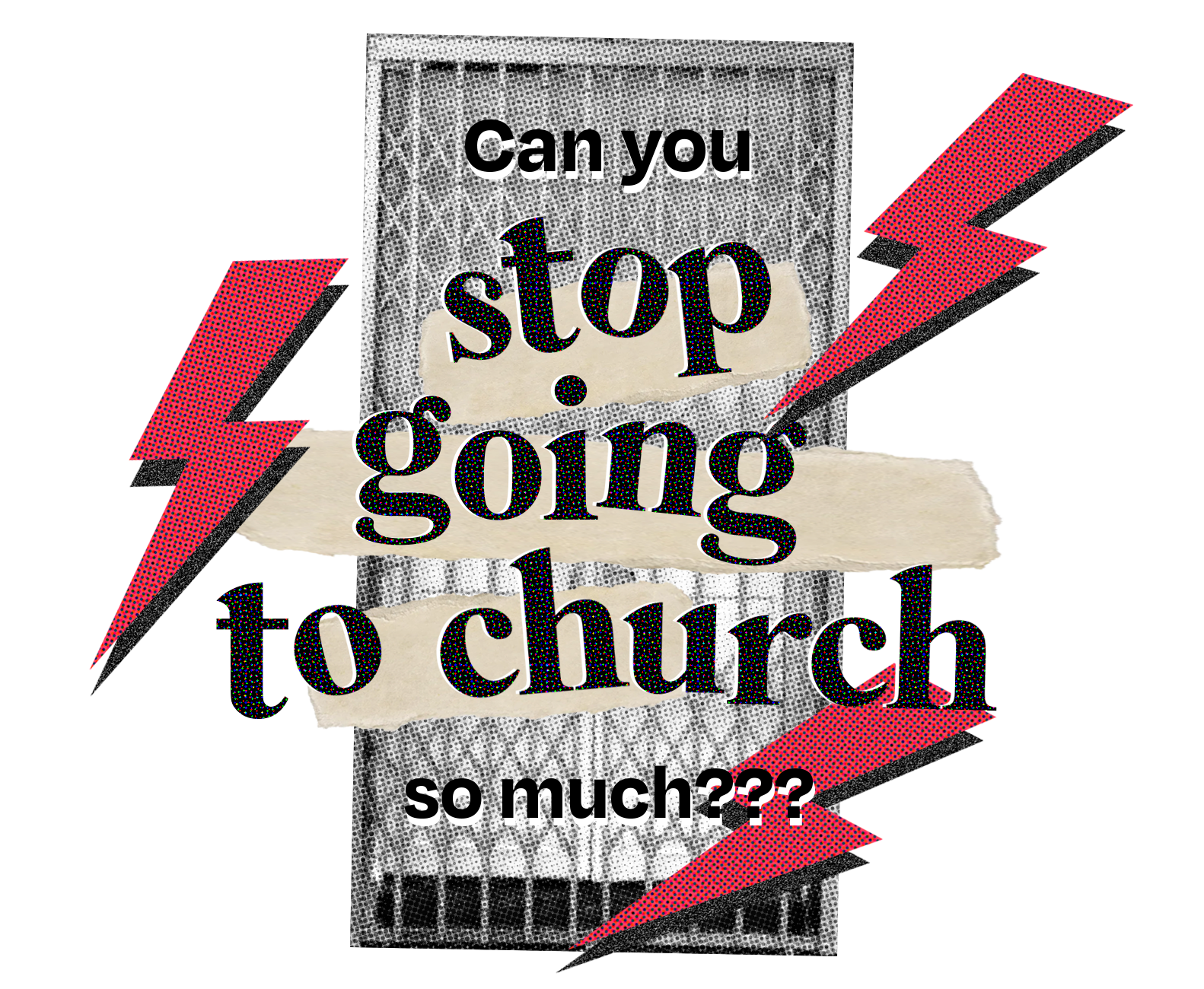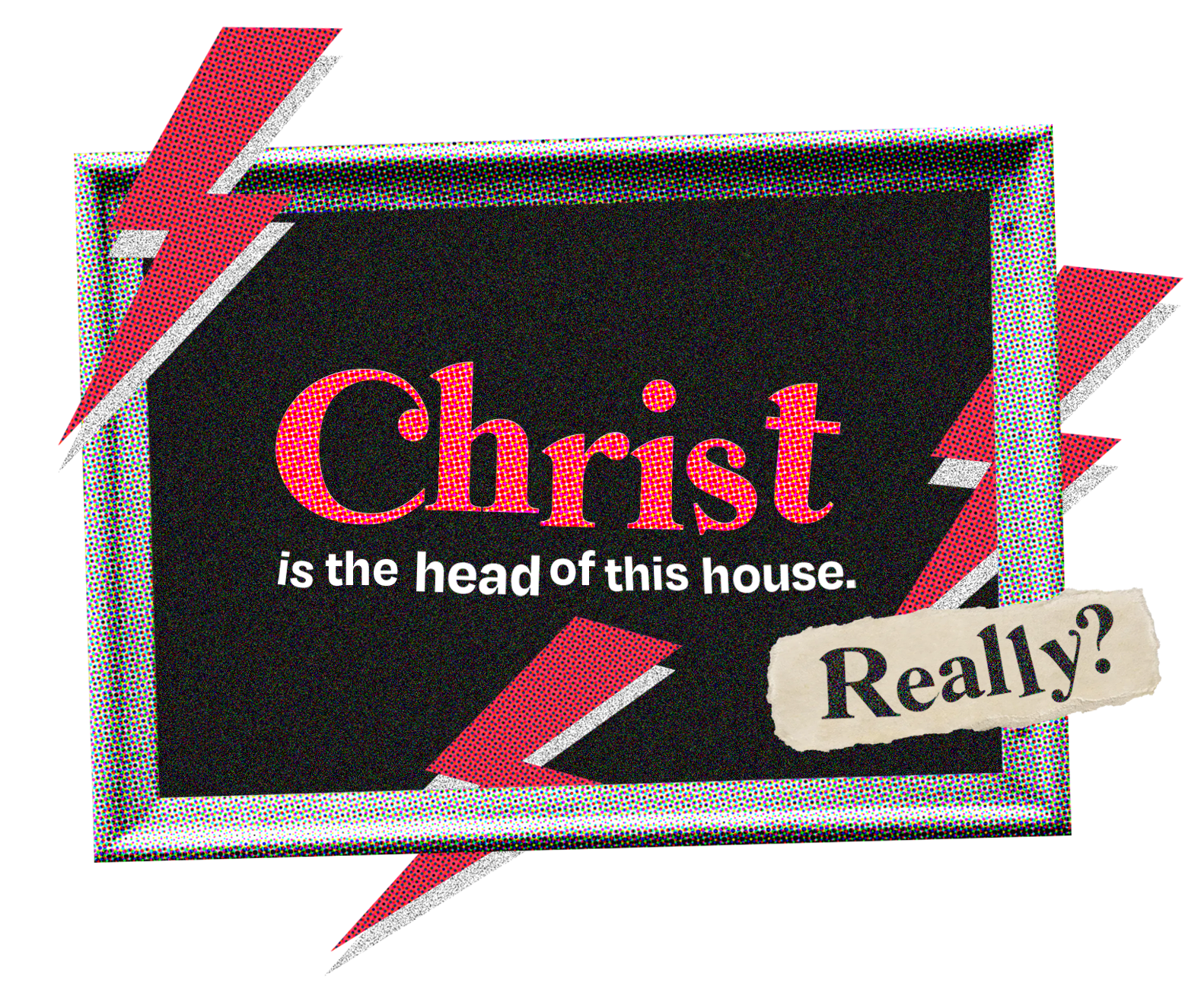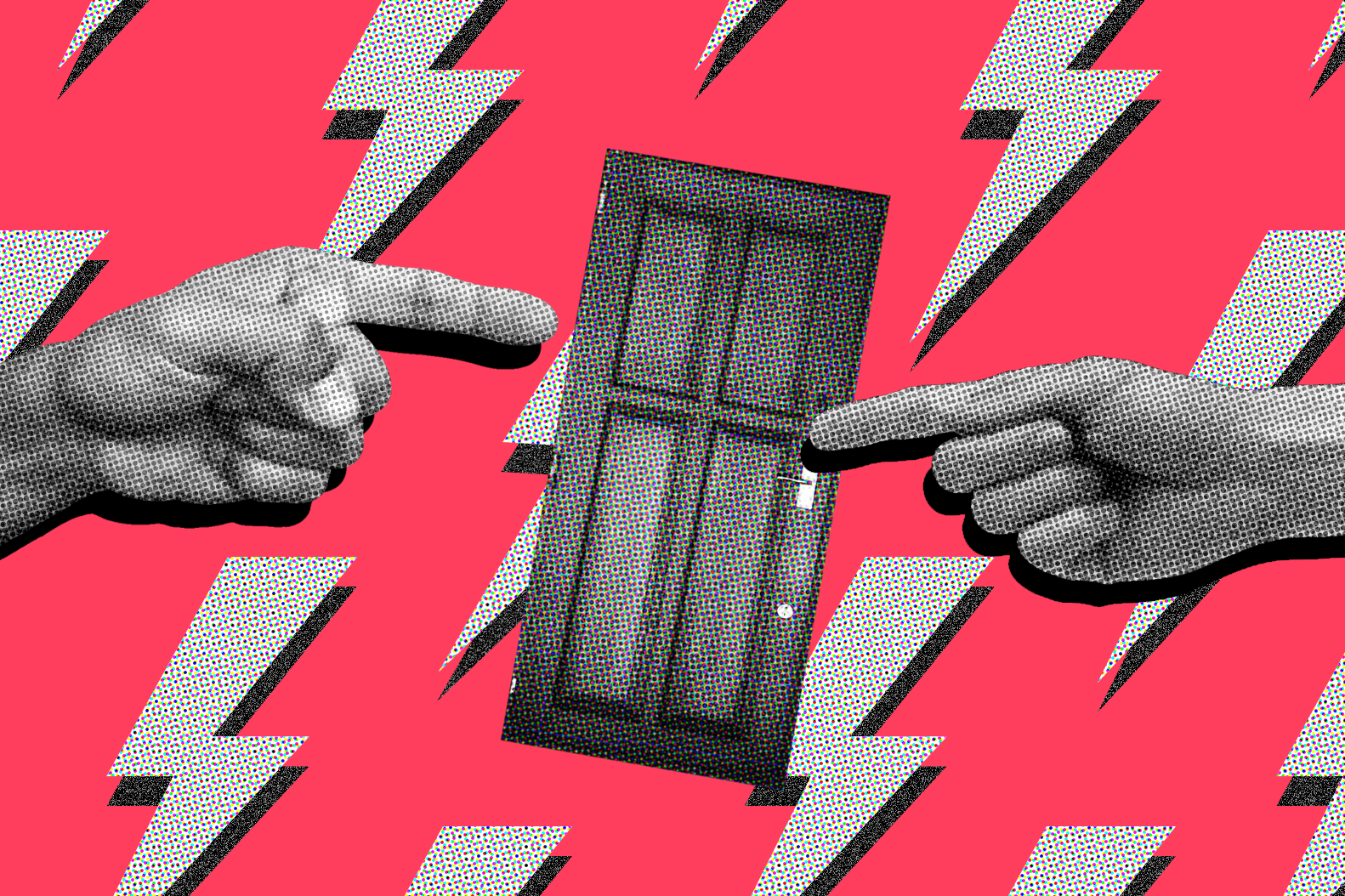I once heard this view about how in Christian families: the first generation is the most faithful, and with each passing generation, a natural decline in the family’s faith sets in.
As someone who grew up in a Christian home, I kind of agree with this view.
In my family, I saw how my grandparents displayed pure faith. However, when it came to my parents, I saw how family life was fraught with conflicts, about either money or marriage or in-law relationships.
Even though my parents had supposedly dedicated our family to the Lord, sometimes it felt like we weren’t that different from non-Christian families. In fact, it seemed like we were worse off.
Even though my parents had supposedly dedicated our family to the Lord, sometimes it felt like we weren’t that different from non-Christian families.
When I was young and the reverend would come for visitation, I would feel awkward seeing my parents behave differently, listening meekly to the reverend and praying quietly. It all looked very strange to me.
The conflicts escalated once my older sister and I hit our rebellious phase as teenagers, and there would be so much fighting going on at home. That pretty much characterised my teenage years, even as I began my own quest for faith.
I began to understand Christianity for myself when I was in high school, after I started to read and understand the Bible.
I asked sisters in church to help me go through God’s Word, then began to attend fellowship services and became more passionately involved in church.
But my mum became worried that this would affect my grades, so she objected to me joining church activities.
Faith became another cause for conflict between us.

It’s difficult enough for parents to have to deal with the kids’ rebellious years, but it’s even harder when, after learning the Christian faith for themselves, the children become proud and start looking down on their parents.
Now that I knew quite a bit about the Bible (or so I thought), I began to criticise my parents for the way they brought me up.
I felt like they didn’t “bring [me] up in the instruction of the Lord” (Ephesians 6:4). Their biblical knowledge was lacking, they didn’t revere God, and were rather two-faced in the way they lived.
My pride led me to disrespect my parents; the truth was that I was rebelling against them, but I had put on a “godly” front to judge them for their failings.
An unprecedented period of darkness
Not long after, my mother became ill and died of ovarian cancer.
The year she passed away, I had just graduated from high school and was selected for a three-month national service.
It was the first time I had been away from home for that long, and I started to realise how important my mum was to me.
She showered me with lots of love and had always made sacrifices to meet the needs of the family.
Mum’s death became a turning point for us. We didn’t realise that our family was entering an unprecedented period of darkness.
Although our home displayed a plaque that read “Christ is the head of this house”, it was really just a plaque.
We all went to find our own means of escaping pain.

Dad was devastated; he became depressed and low-spirited for some time.
Since my sister and I were at the point of moving out to pursue our studies, this meant he was alone at home. Left to his own devices, he often didn’t know what to do.
My sister began binge eating and stopped socialising. She couldn’t understand why God had taken mum away.
It came to a point where she said that if the devil asked her to trade her life for our mum’s, she would have agreed.
This was the time when our family needed each other the most, but it was also a time when we didn’t dare to face each other.
I, on the other hand, had entered a new environment in university, and got caught up in what the world had to offer.
As I majored in literature, the professors were teaching us secular ideas like relativism and other philosophies and religions, all pointing to the thought that there is no absolute truth in this world.
It all hit me very hard and challenged my faith.
I was also still dealing with mum’s passing, and so to numb myself from the pain, I began dating different people and partying with friends.
This was the time when our family needed each other the most, but it was also a time when we didn’t dare to face each other.
Every time we were together, the empty seat at our table and the presence of only three (instead of four) sets of tableware were sharp, painful reminders that mum wasn’t around anymore.
God wasn’t done with us
I felt that God had forgotten and abandoned us. But in reality, He was leading us through fire and water (Psalm 66:12).
To completely transform us, God had to peel back the pious front we had put on, to make us face the problems in our life head on so we would be compelled to really seek Him.
I’m not sure exactly when things changed, but after some time, my father began to examine his faith seriously. I began to hear him mention the Psalms, which gave him comfort after mum’s death.
God had to peel back the pious front we had put on, to make us face the problems in our life head on so we would be compelled to really seek Him.
As Dad still went to church regularly, God was helping him in different ways and through people; he began to not only know the things about God, but also to know God Himself.
He started reading the Bible and praying every day, and would often tell us to thank God and to pray and trust in the Lord.
He would also lead the family in prayer whenever we went away together.
After moving to a different city, I encountered God for myself too.
The church I was involved in was in a city with many universities, so many of my questions about Christianity and faith were answered in the church.
I would discuss the questions with other brothers and sisters in Christ and talk to the pastor, who would also lead us in a Bible study.
Through all these, God was bringing me back to Himself, making me see and repent for my sins.
As I came to know the truth more and more, I realised that I had been very proud in the past, thinking I was very religious because I knew some things.
But now I was meeting godly elders and peers in the church who were rich in knowledge and practised the truth in their lives in a real way.
When I returned home from university, I started to spend more time with my dad, and we would talk about God, mum, and church.
I found that I enjoyed talking to him and began to learn to love him. My dad also started to open up to me and express concern about my needs.
I learnt to respect and obey him, while he began to demonstrate a father’s loving authority and guidance.
We started sharing our lives with each other again and treasuring the times we had together.
With every step towards God
When the reverend came to visit again, Dad no longer looked awkward and uneasy but displayed a grateful and reverent attitude, sharing what he had come to know about God.
I sat next to him and together, we received the reverend’s encouragement for us.
Following that visit, we took the reverend’s advice and started our first session of family worship. Even though Dad still wasn’t that well-versed in the Bible and with theology, I knew that the Spirit was with us as we sang Psalms, read Scripture, and prayed together.
Today, “Christ is the head of our home” is no longer a meaningless or mocking line for us to look at, because my dad is truly using his life to testify about the God that he has come to know — the God who is faithful and trustworthy.
After Dad lost his mum, he pondered the passage of life, but God changed him so that he no longer feared death so much.
Through his life, he has taught me many things, encouraging me to seek God in the face of life’s unknowns, to trust His heart and accept His plans no matter what life throws at me.
“You let people ride over our heads; we went through fire and water, but you brought us to a place of abundance.” (Psalm 66:12)
Looking back, I still feel pained by many memories, and some of these recollections are ones that we would never want to think about.
The hurt, disappointment, and brokenness of the past have not simply dissipated.
But as Dad has said, our lives are in God, and so we surrender ourselves to the head of our home — Jesus Christ.
Today, “Christ is the head of our home” is no longer a meaningless or mocking line for us to look at…
I believe that with every step we take towards God, the burden of those memories will lift, little by little.
His light brings us comfort and healing; His love remains in us and will teach us to love.
I look forward to the day when we can be in heaven and reunited with mum; when we can come together and talk about how God’s grace and mercy has finally brought us to a place of abundance, a place where there are no more tears or pain.
This article was first published on YMI and is republished with permission. Originally written in Simplified Chinese.
- How does conflict get resolved in your family?
- What is a biblical model for communication and resolving differences within the family?
- Based on what the author shared, what is one thing you can do differently in your family that God would be pleased with?
- This week, take a practical step to bring God’s culture into your family culture.










